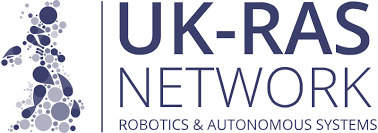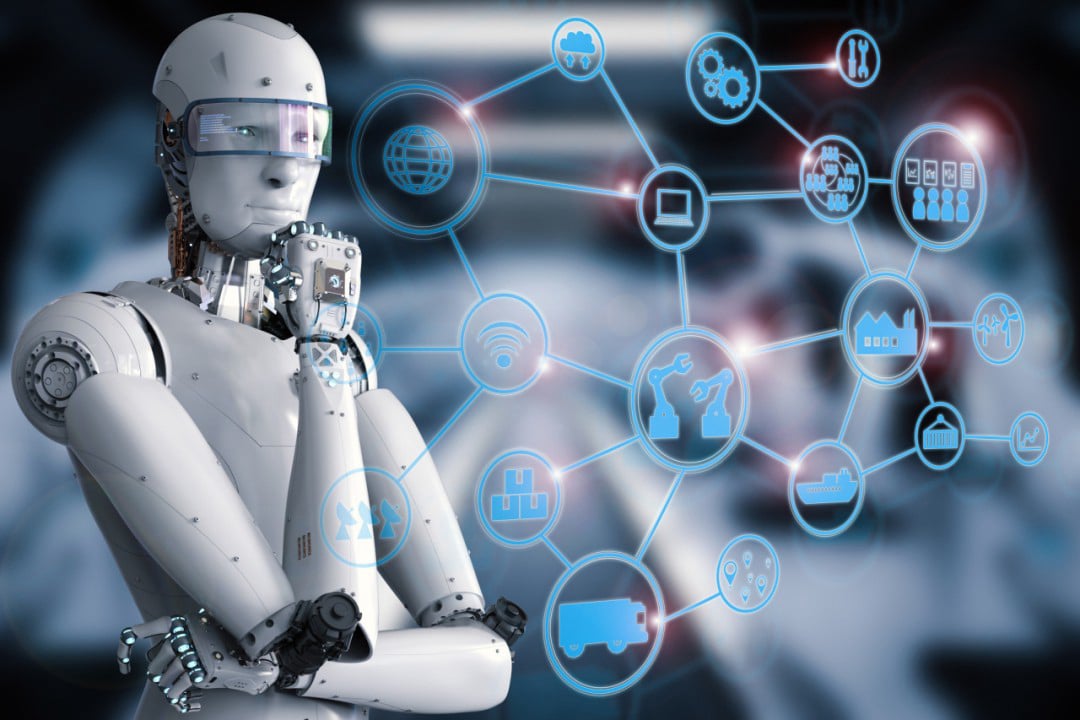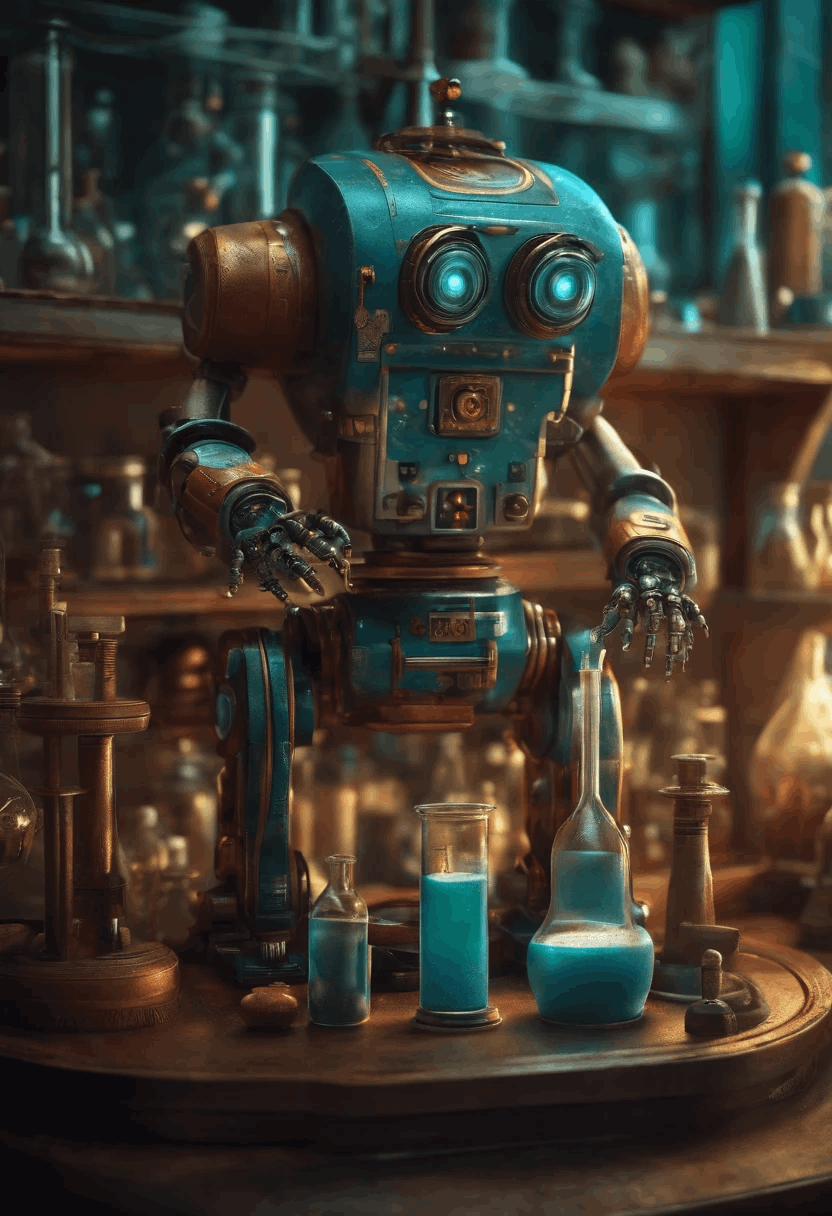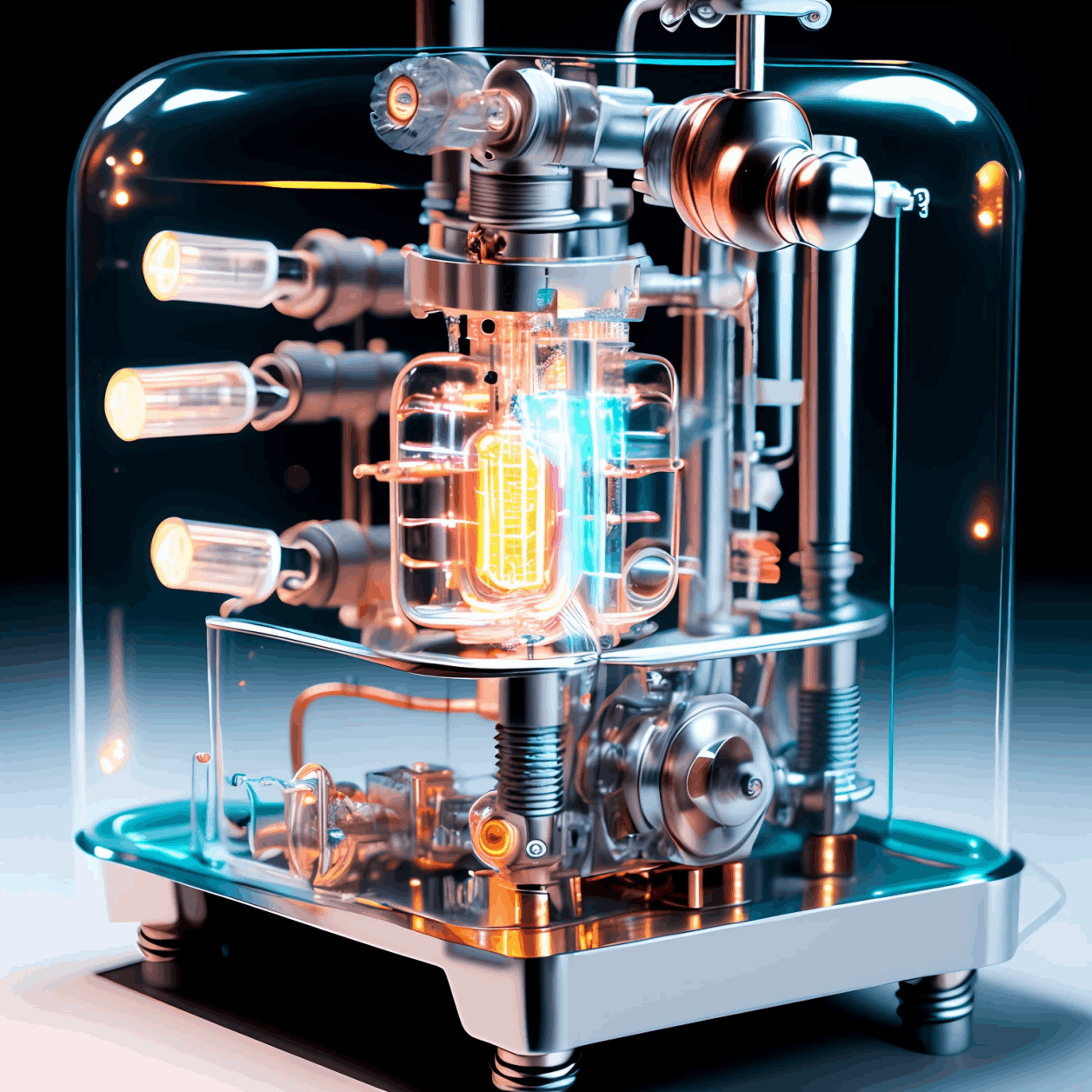
Manufacturing a better society - How can we make manufacturing where EVERYONE wants to work?
Funder: ECONOMIC AND SOCIAL RESEARCH COUNCIL (ESRC)
Vision - Our vision is to create a new transdisciplinary framework that merges social science and digital manufacturing technology and enables currently marginalised groups to
participate in manufacturing. Our approach will lead to the development of industrial digital
technologies enabling inclusive workplaces where anybody, including the most marginalised groups, are afforded access to meaningful work. Similarly, the development of these inclusive digital technologies will lead to new perspectives on marginalised groups and
methodologies for social science research.
We propose an engaged transdisciplinary approach based on action research cycles, where design interventions (technical and social) will take place with the research team and our disabled partners. The interventions will examine the optimisation of the technology but will also explore the accessibility perceptions of technological use and application in a manufacturing work context. The outcomes of each action research cycle will inform the subsequent phase of the project.




